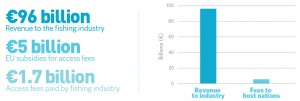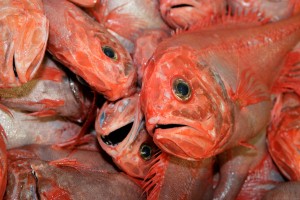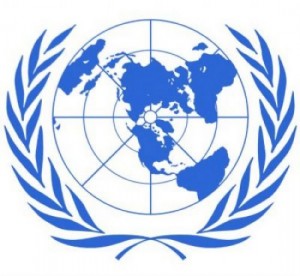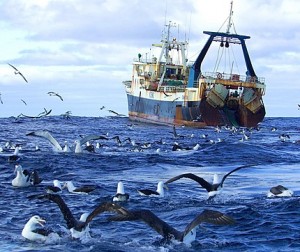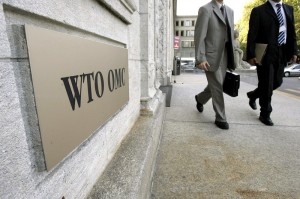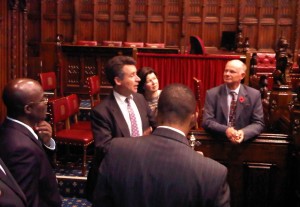The European Union (EU) covers 75% of the access fees that allow its vessels to fish in developing countries’ waters while the fishing companies pocket the profits, according to new research from the Sea Around Us Project.
In a study published today in the online journal PLOS ONE, the authors analyzed access agreements that allow EU-based fishing fleets to operate in Africa and the South Pacific. They found that EU governments pay 75% of the annual access fees while the fishing industry pays the remaining 25% — but that represents only about 2% of the revenue it generates from selling the catch.
“The EU’s fishing companies are benefitting from these agreements far more than the developing countries where they go to fish,” says Frédéric Le Manach, a PhD student at with the Sea Around Us Project and the study’s lead author.
You can find out more about the study here:
Press release from the University of British Columbia,
Journal article published in PLOS ONE.
Le Manach F, Chaboud C, Copeland D, Cury P, Gascuel D, Kleisner KM, Standing A, Sumaila UR, Zeller D and Pauly D (2013) European Union’s public fishing access agreements in developing countries. PLOS ONE. http://dx.plos.org/10.1371/journal.pone.0079899


